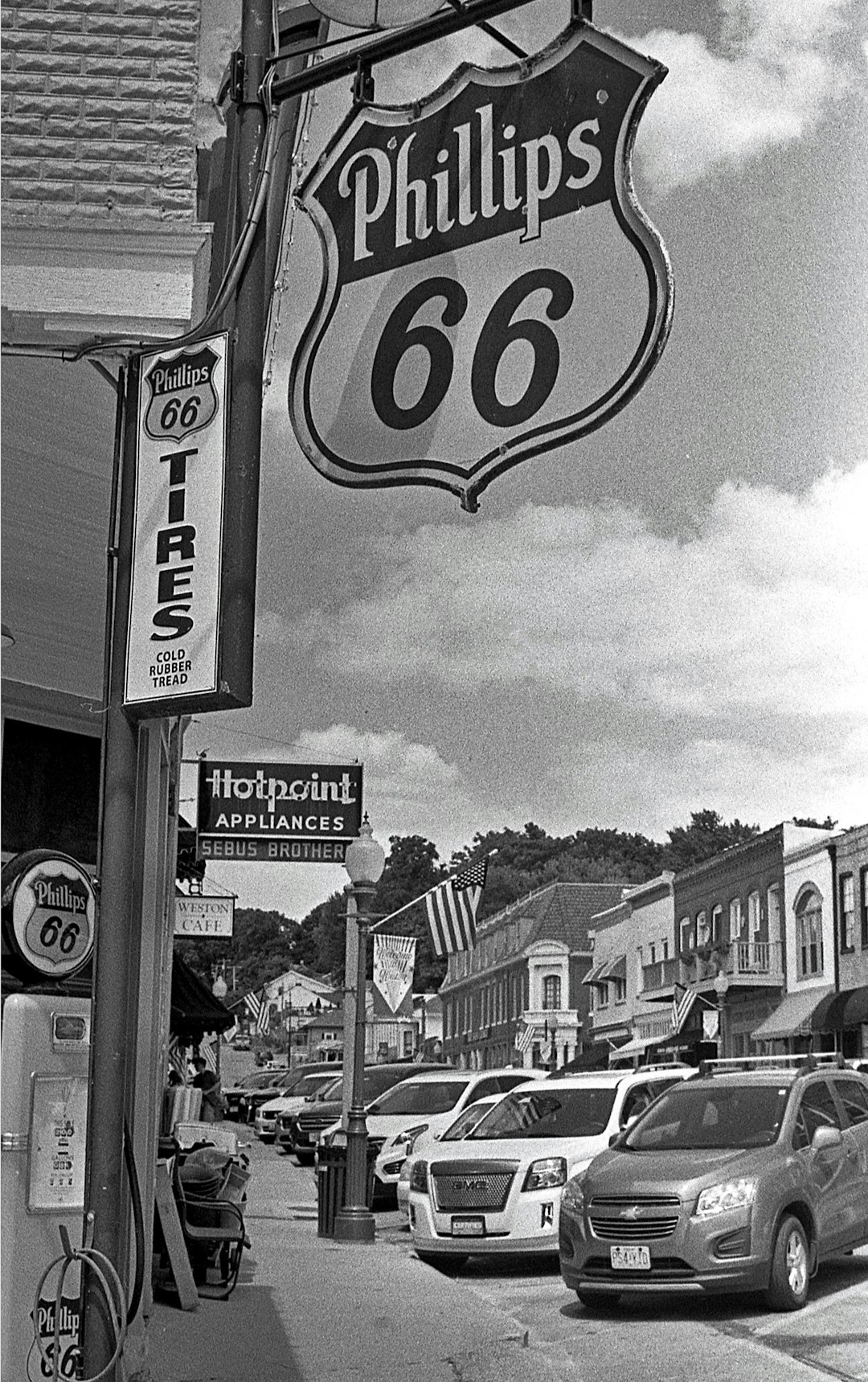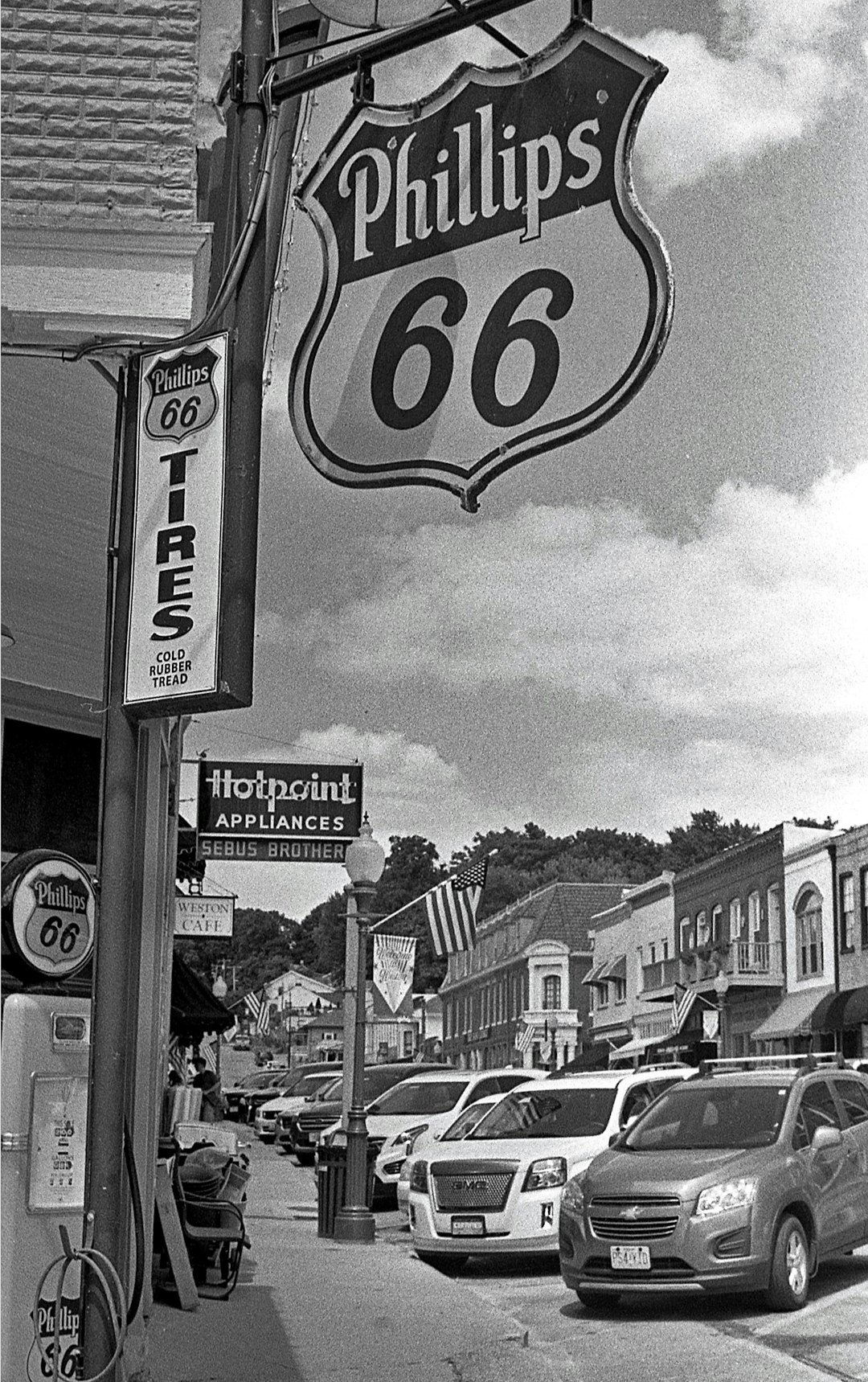In Missouri, spam calls are illegal under the TCPA and can be combated by registering on the Do Not Call list, blocking unknown callers, and reporting suspicious activities. Record caller details meticulously and share these with authorities to aid in investigations. Utilize resources like the FCC's Do Not Call Registry and advanced blocking apps to reclaim peace of mind. Secure your contacts and devices by updating settings, software, and privacy platforms to significantly reduce spam calls.
In Missouri, as across the nation, spam calls have become a prevalent nuisance, often masquerading as legitimate business or government communications. Understanding these calls’ legal standing is crucial before taking action. This guide delves into the steps to identify and document new spam call scams, along with tools specifically designed to combat such issues in Missouri. Additionally, learn preventive measures to fortify your contacts and devices against future scams, ensuring a safer digital environment.
Understanding Spam Calls and Their Legal Standpoint in Missouri

In Missouri, like many other states, spam calls are not only a nuisance but also illegal under the Telemarketing and Consumer Protection Act (TCPA). These unsolicited phone calls often originate from automated systems or call centers aiming to sell products, services, or promote businesses. While some may be harmless, others can be scams designed to trick individuals into sharing personal information or money. Understanding the legal standpoint of spam calls is crucial for Missouri residents as it equips them with knowledge to protect themselves and take action against such activities.
Under Missouri law, businesses must obtain prior express written consent from consumers before making automated telemarketing calls. This means that if you haven’t given explicit permission for a company to contact you this way, these calls are considered illegal spam. There are strict penalties for violators, including substantial fines and class-action lawsuits. To stop receiving spam calls, Missourians can register their phone numbers on the state’s Do Not Call list, block unknown callers, and report suspicious or scam calls to local law enforcement and regulatory agencies.
Steps to Identify and Document a New Spam Call Scam

To identify and document a new spam call scam, start by noting the caller’s information—phone number, any identifying details they reveal, and the time and date of the call. Next, listen for common red flags such as demands for personal or financial information, threats, or urgent language designed to prompt immediate action without thoughtful consideration. Pay close attention if the caller refuses to identify their organization or provides a name that doesn’t match known legitimate businesses.
Documenting the interaction is crucial. Save the call logs and any messages, emails, or texts related to the incident. Additionally, record specific details like the type of device used by the caller, speech patterns, background noise, and any offers or threats made during the conversation. These precise notes will help you report the scam effectively to relevant authorities, such as the Missouri Attorney General’s office, which actively investigates and takes action against spam call scams.
Tools and Resources Available for Stopping Spam Calls in Missouri

In Missouri, as across the nation, spam calls are a persistent and annoying problem. But residents have powerful tools at their disposal to fight back and protect themselves from these scams. One effective resource is the Federal Communications Commission (FCC), which provides guidelines and regulations for combating unwanted telemarketing calls. The FCC’s Do Not Call Registry allows individuals to register their phone numbers, blocking most automated or prerecorded calls.
Additionally, Missouri consumers can leverage apps and services designed specifically for blocking spam calls. Many of these tools offer advanced features like intelligent call identification, automatic rerouting, and personalized blocking lists. They can be downloaded from app stores or accessed online, making it easy to protect your phone line from unwanted intrusions. By combining official measures with innovative technologies, Missouri residents can reclaim their peace of mind and control over their communication channels.
Preventive Measures: Securing Your Contacts and Devices Against Future Scams

To protect yourself from future spam calls in Missouri, start by securing your contacts and devices. Update your phone settings to block unknown or suspicious numbers automatically. Many modern smartphones have built-in call screening features that can help identify and filter out spam calls before they reach you. Regularly update your device’s operating system to ensure you have the latest security patches.
Additionally, be cautious about sharing your contact information online or over the phone unless absolutely necessary. Review your privacy settings on social media platforms and avoid providing personal details to unfamiliar sources. By taking these preventive measures, you can significantly reduce the likelihood of receiving spam calls and stay better protected in Missouri.






